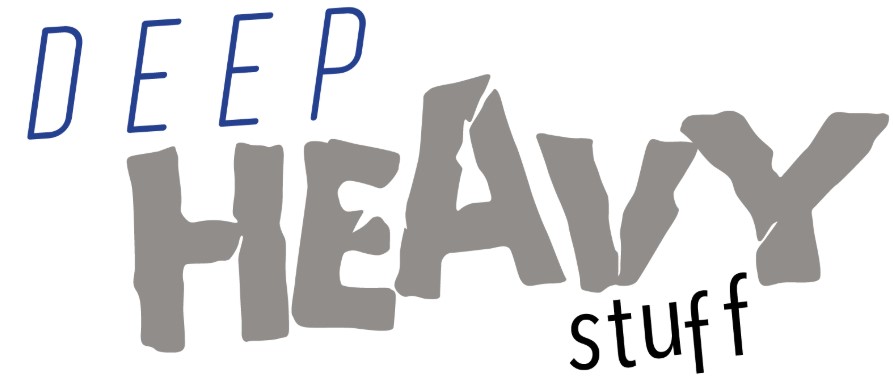Empathy: “The action of understanding, being aware of, being sensitive to, and vicariously experiencing the feelings, thoughts, and experience of another.” (Websters)
The previous post detailed why empathy is needed. Now, this
is how it works in real life ….
Nancy and I grew up in nearby neighborhoods during the same
era. We graduated from the same high school, the same year. Since then, we have
both attained success in our careers, becoming respected professionals – not a
small achievement, considering our middle-class, blue-collar roots. We are two
highly intelligent professionals with seemingly very similar backgrounds.
So, we should hold matching political views, correct? No, not even close. We happen to be on different sides of the political spectrum.
How is this possible? Nancy’s situation in her home growing
up was very different than mine. Her childhood experiences instilled in her many
different emotions, concepts, and feelings than mine. It gives her a different
perspective and imparts deep empathy for people currently in the same situation
as she once endured.
Nancy and I were friends but lost touch after high school.
However, we now see each other occasionally at high school class get-togethers,
and when we do, in addition to catching up on life, we discuss politics.
What? What? Why would you ever do that? Are you
insane? You guys disagree on everything! You should never talk about politics.
No, these talks are not what you would expect in these
hyper-partisan times. They are civil. No one shouts. No one even raises their
voice. Each person calmly expresses a thought while the other listens, listens
intently. And no one interrupts until the other person finishes speaking.
The conversations are honest. Each person feeling safe to
express what they genuinely believe without fear of judgment or condemnation.
Nancy even has this habit of grinning like an ornery 9-year-old right before saying
something she knows I will strongly disagree with. And this is fine, because it
is difficult to get angry when a person is smiling at you. Nancy is my friend, and she trusts me. And I
trust her, which leads to a more in-depth conversation.
The discussions are also at a very high level. These are
two sagacious, intelligent, well-informed people, discussing deep, heavy,
stuff. There are no talking points, there are no cliches, but there are admissions
that there and injustices and things on both sides need to change.
The unexpected result of these discussions is that Nancy
and I agree on much more than we disagree. The main differences exist about how
to solve the problems we face. If more people could have these types of
discussions, our nation would be better off, and some major, on-going problems
just might get solved.
But this “magic” doesn’t happen without empathy. I
understand why Nancy believes what she does, and she knows where I’m coming
from. This realization allows us to have a discussion and not a debate. I’m not
trying to change who she is. Nancy is a
beautiful person. She is the sum of her life experiences – such as I am, and we
all are. My empathy allows me to value her and her opinions as she respects
mine. I end of feeling positive at the end of our talks, instead of angry and
exasperated when discussing these topics with other people.
The term “finding common ground” is thrown around a lot. It
is much easier to locate that place when you understand, are aware of, and
sensitive to the other person, or side as it may be.
Discussing difficult issues with Nancy gives me new insights
into issues - new concepts to ponder. New ideas to consider. A perspective I
would not possess if I didn’t risk having a deep, meaningful conversation with
a friend whose views are much different than mine. But it only works with
empathy. And that’s why we need more of it in our lives.
Empathy: “The action of understanding, being aware of,
being sensitive to, and vicariously experiencing the feelings, thoughts, and
experience of another.” (Websters)


I couldn't agree more. :)
ReplyDelete